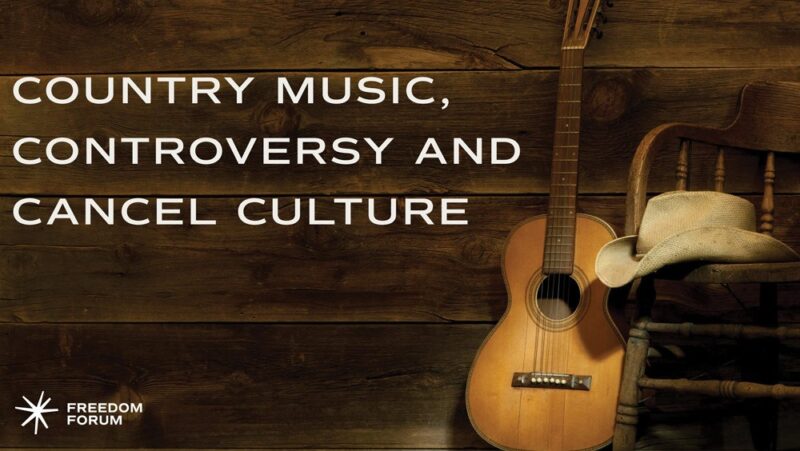Perspective: The wrongness of letting government tell us to ‘shut up – or else’

There may be no worse assault on our freedom of speech than a law that would permit the government to tell us to “shut up” when it comes to discussion and debate on a major social issue of our time – and to punish us if we don’t.
Freedom of speech under the First Amendment is rooted in the concept of a “marketplace of ideas,” where information and robust, uninhibited exchanges are protected to ensure all can speak and be heard.
As a concept, most everyone agrees with that approach, particularly those in the minority of the moment, who need protection from being silenced by what the nation’s founders saw as a potential “tyranny of the majority.”
The recent U.S. Supreme Court decision overturning Roe v. Wade is producing yet another attempt to sabotage the marketplace approach to debate — to, in effect, tell us to “shut up or else.” Proposed model legislation by the National Right to Life Committee is being promoted to state legislatures with a goal of creating criminal and civil penalties for speech seen to be “aiding or abetting” abortions.
The vagueness of the proposed laws raises real constitutional questions. Would news reports about abortion that include comments by choice advocates, or that simply mentioned states where abortion remains lawful, spark legal action against journalists or news organizations that run afoul of this law?
Would academic papers or lectures about the issue that note pro-choice arguments place authors or speakers in jeopardy? Would websites that offer information to those merely investigating out-of-state abortion options draw prosecution or civil lawsuits simply for providing information without direct advocacy? What if those websites are operated by a person or organization in a state where abortion remains legal but are merely accessed by someone in a state where it is not?
The First Amendment demands that our laws are drafted with enough precision that we can understand whether what we say will get us in trouble. This is necessary to ensure that those in power don’t engage in arbitrary and discriminatory enforcement.
It’s an important protection because, unfortunately, our nation has a history of attempts to stifle the open discussion of ideas and proposals that challenge the status quo or that would solidify a temporary political advantage.
For example, in the era leading up to the Civil War, the U.S. Congress responded to annual abolitionist lobbying to outlaw slavery by adopting a ban in 1836 on such proposed legislation, rejecting the First Amendment’s rights of petition.
In some southern and border states, the action was even broader, adopting similar laws to one passed in 1837 in Missouri that banned any anti-slavery speech of any kind and imposed special taxes on abolitionist activities. In that same year, in Illinois – a free state – a mob killed newspaper editor Elijah Lovejoy and destroyed his printing press to silence the abolitionist’s voice.
There were efforts leading up to and during World War I to punish speech that was anti-war, opposed a wartime military draft or that promoted socialism or communism. Some efforts survived court challenges in the name of “national security.” So-called “Red Scare” periods followed both World Wars, with the McCarthy era and “blacklisting” running roughshod over First Amendment rights in the late 1940s and 1950s, fueled by an anti-communist fervor.
In more contemporary times, a lawsuit aimed at silencing civil rights advocates led to a historic U.S. Supreme Court decision in 1964, in The New York Times Co. v. Sullivan, protecting the right to free and unfettered discussion involving elected officials and later to include public figures, even when the speech involved some unintentional errors of fact.
In 2011, a Supreme Court decision rejected a challenge to the tactics of a small group known as the Westboro Baptist Church, which included vulgar attacks on gay people and others. Chief Justice John Roberts wrote: “Speech is powerful. It can stir people to action, move them to tears of both joy and sorrow, and – as it did here – inflict great pain … We cannot react to that pain by punishing the speaker … as a nation we have chosen a different course – to protect even hurtful speech on public issues to ensure that we do not stifle public debate.”
The Rev. Martin Luther King Jr., in his final speech before his assassination in 1968, proclaimed the essential nature of First Amendment freedoms to a national debate over social justice: “Somewhere I read of the freedom of assembly. Somewhere I read of the freedom of speech. Somewhere I read of the freedom of press. Somewhere I read that the greatness of America is the right to protest for right.”
Those who would support laws intending to restrict or silence discussion and debate — by journalists, academics, advocates, or any other citizen — about abortion or any other social issues must understand that providing truthful information is not approval, and that the open exchange of ideas is fundamental to a democratic, self-governing system.
Gene Policinski is a senior fellow for the First Amendment at the Freedom Forum. He can be reached at [email protected].
Jason Aldean Controversy: Free Speech and Censorship Collide
Related Content

